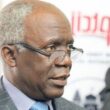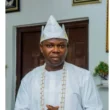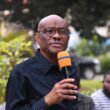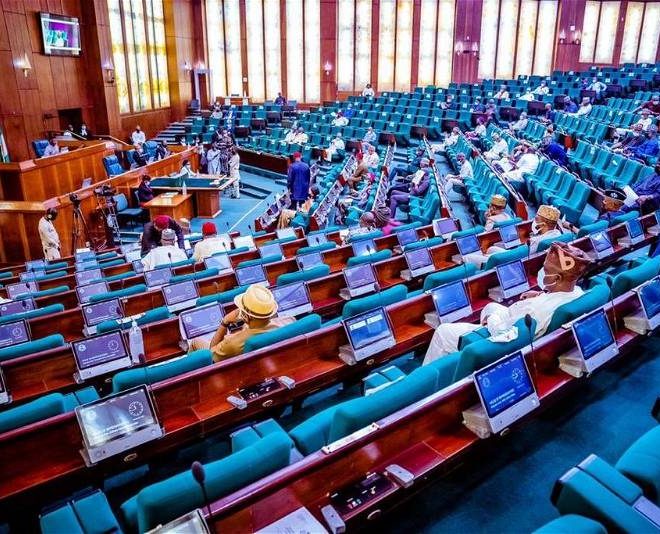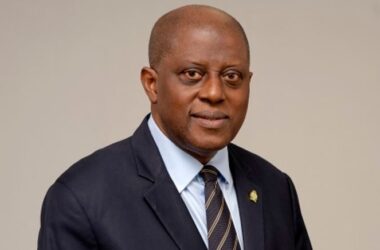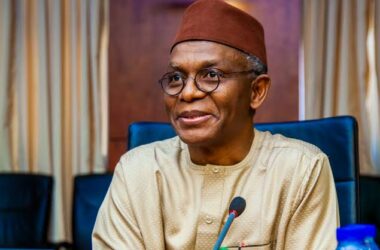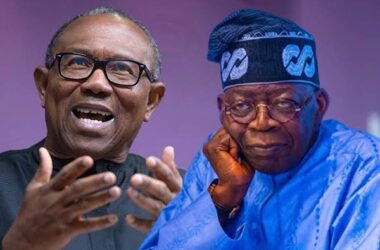After more than two months of recess, Nigerian senators and House of Representatives members have resumed legislative activities in Abuja.
The break, which started on July 23, was extended for an additional week beyond the initial return date of September 17. Now, with the lawmakers back in session, several pressing national issues are set to dominate discussions.
One of the most urgent concerns is the rising cost of petrol. When the lawmakers went on recess in July, the price of petrol was ₦617 per litre at NNPC retail stations. Today, that price has surged to ₦898 per litre at the same outlets, with some stations in Abuja selling petrol for as much as ₦940 per litre.
In other parts of the country, prices have reached ₦1,000 per litre. This sharp increase has sparked nationwide frustration, particularly as many had hoped that local refining, especially from the Dangote Refinery, would lower fuel prices. However, it seems the refinery is selling petrol at higher prices than imported fuel, leading to disappointment among citizens.
Given the impact of these high fuel costs on the economy and the daily lives of Nigerians, there is strong anticipation that lawmakers will discuss this issue in-depth.
Opposition lawmakers had previously called for a review of the pricing during their break, and this conversation is expected to continue. However, past resolutions from the National Assembly have often failed to bring about significant changes, raising doubts about the effectiveness of legislative intervention in the petrol market.
In addition to fuel prices, the devastating floods that have affected states like Borno are another critical issue. Recently, the House of Representatives donated ₦100 million to flood victims in Maiduguri, and Borno lawmaker Aliyu Betara also contributed another ₦100 million.
However, citizens are expecting more than just financial aid. Questions about the causes and accountability for the floods remain unanswered, and many are looking to the lawmakers for a proper investigation into the disaster.
Beyond these immediate concerns, the lawmakers will also address the ongoing constitutional review, a process that could shape the future of governance in Nigeria. A statement from House spokesperson Akin Rotimi listed constitutional reform as a key priority, alongside the budget.
However, with only three years left to complete this process before the 2027 election campaign cycle begins, time is running out for any meaningful amendments to be made.
Other issues on the agenda include the country’s financial strategy, as President Tinubu is expected to submit a new Medium-Term Expenditure Framework (MTEF) and Fiscal Strategy Paper for the 2025–2027 period.
These documents will provide the foundation for the 2025 national budget, and there is also talk of a new finance bill that could propose changes to tax rates—an issue that could spark further debate.


